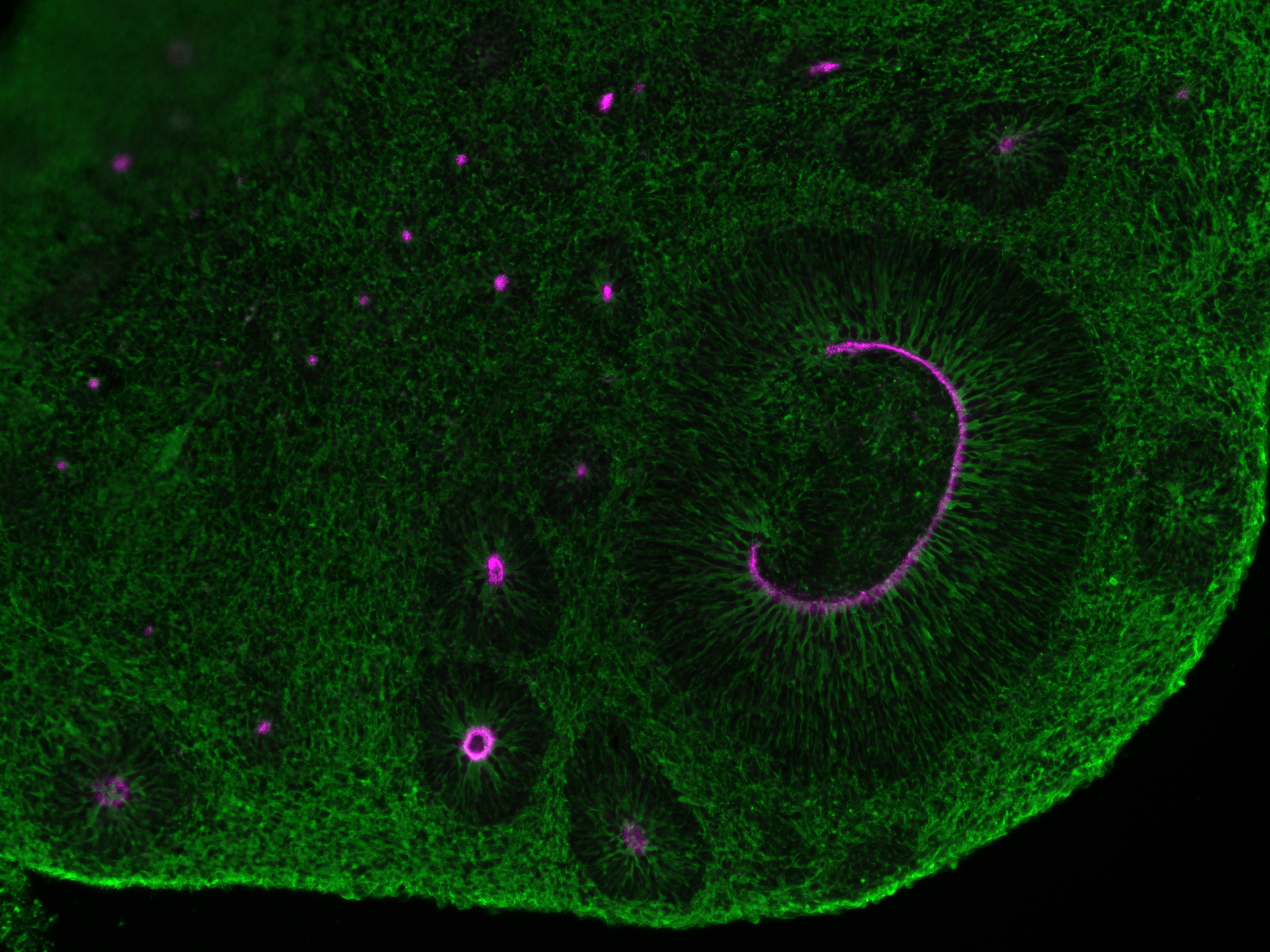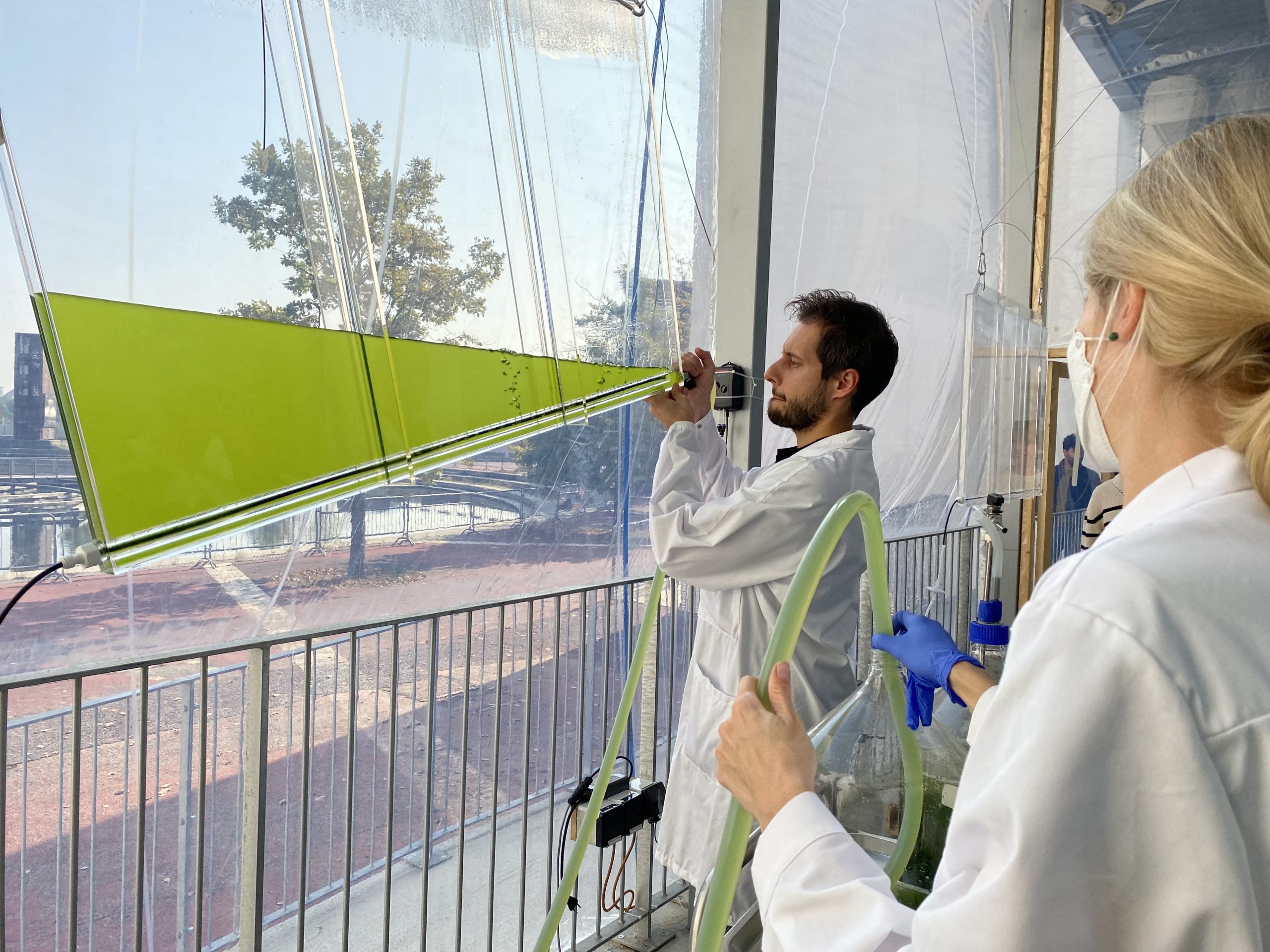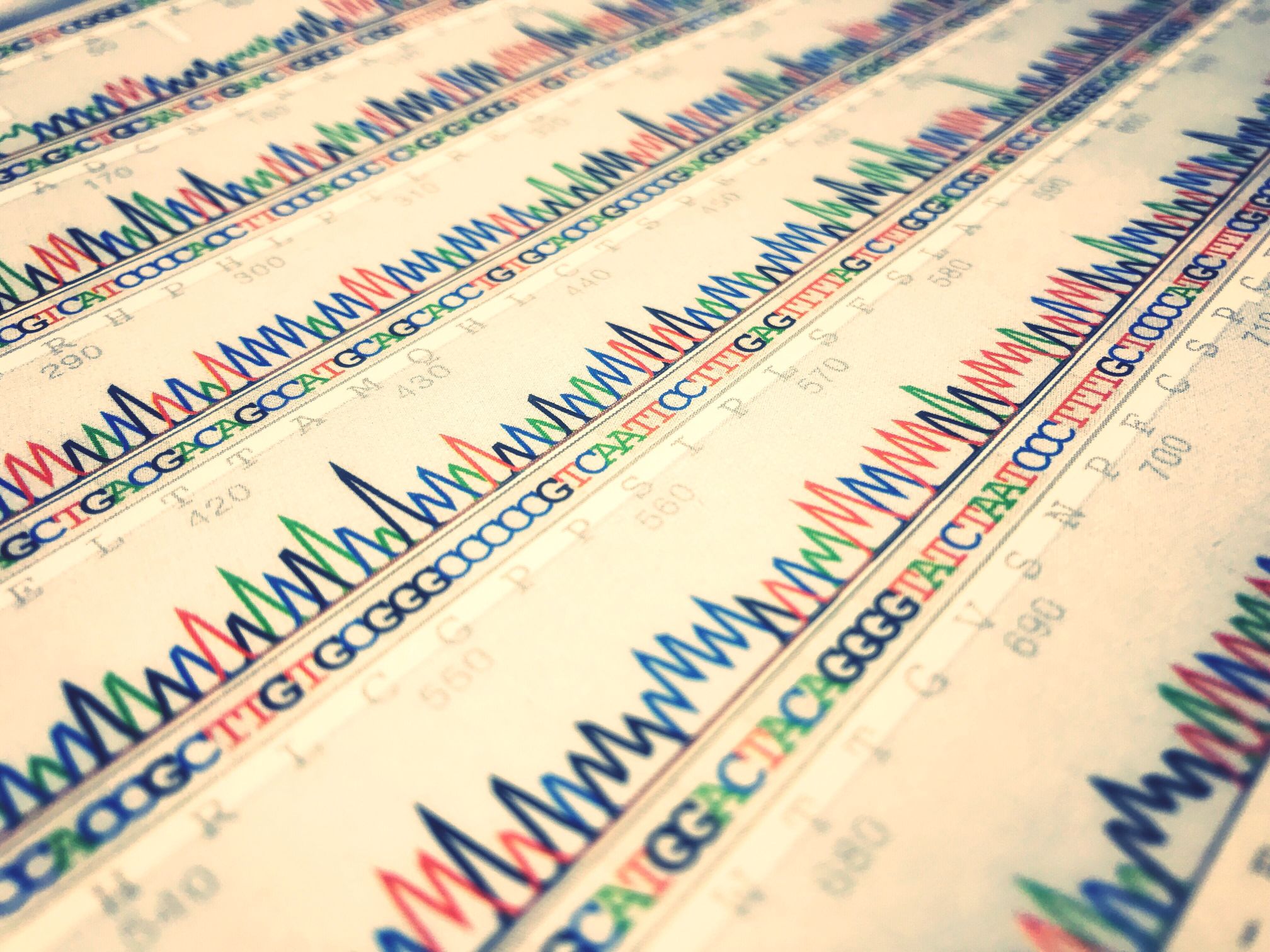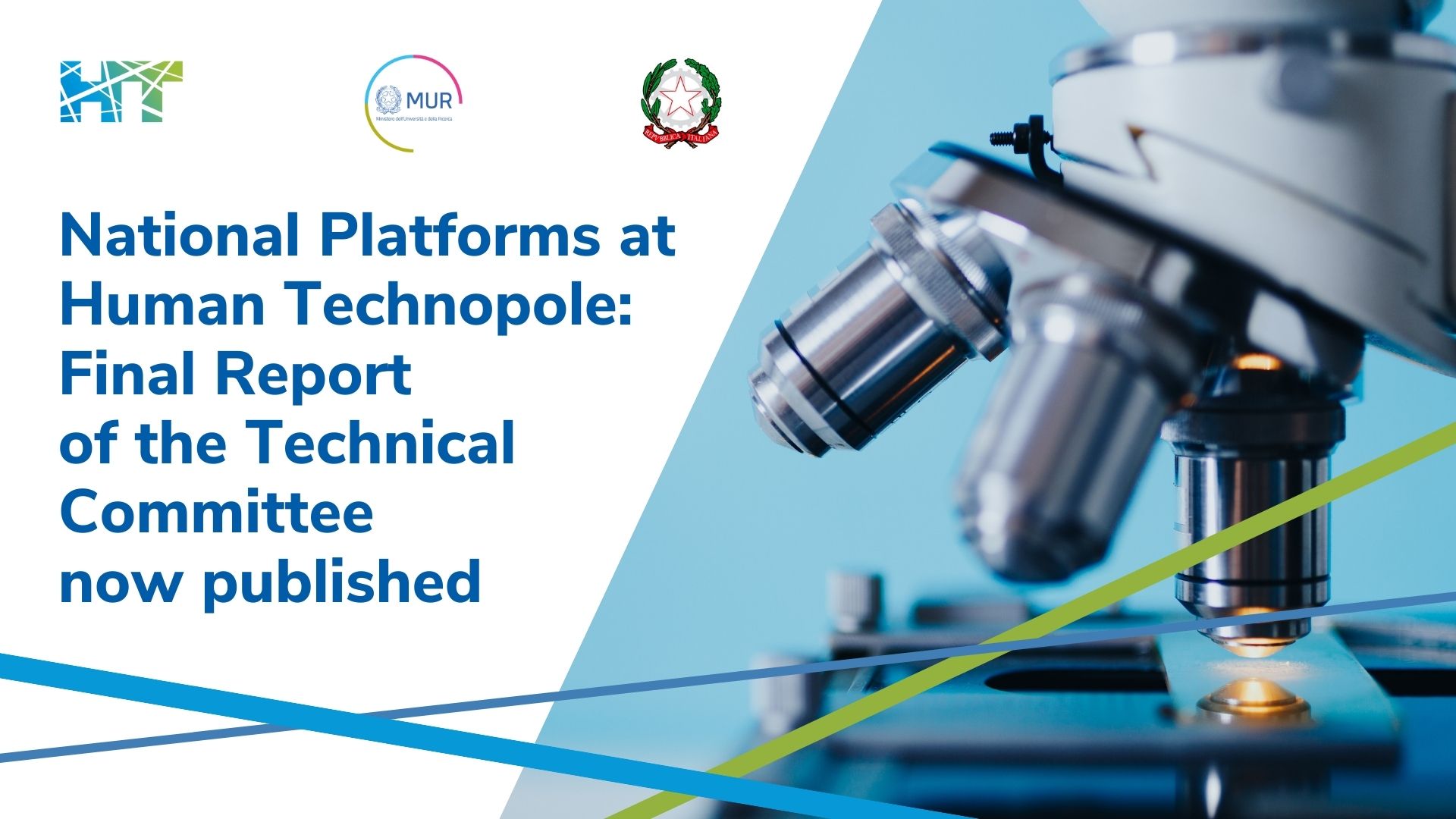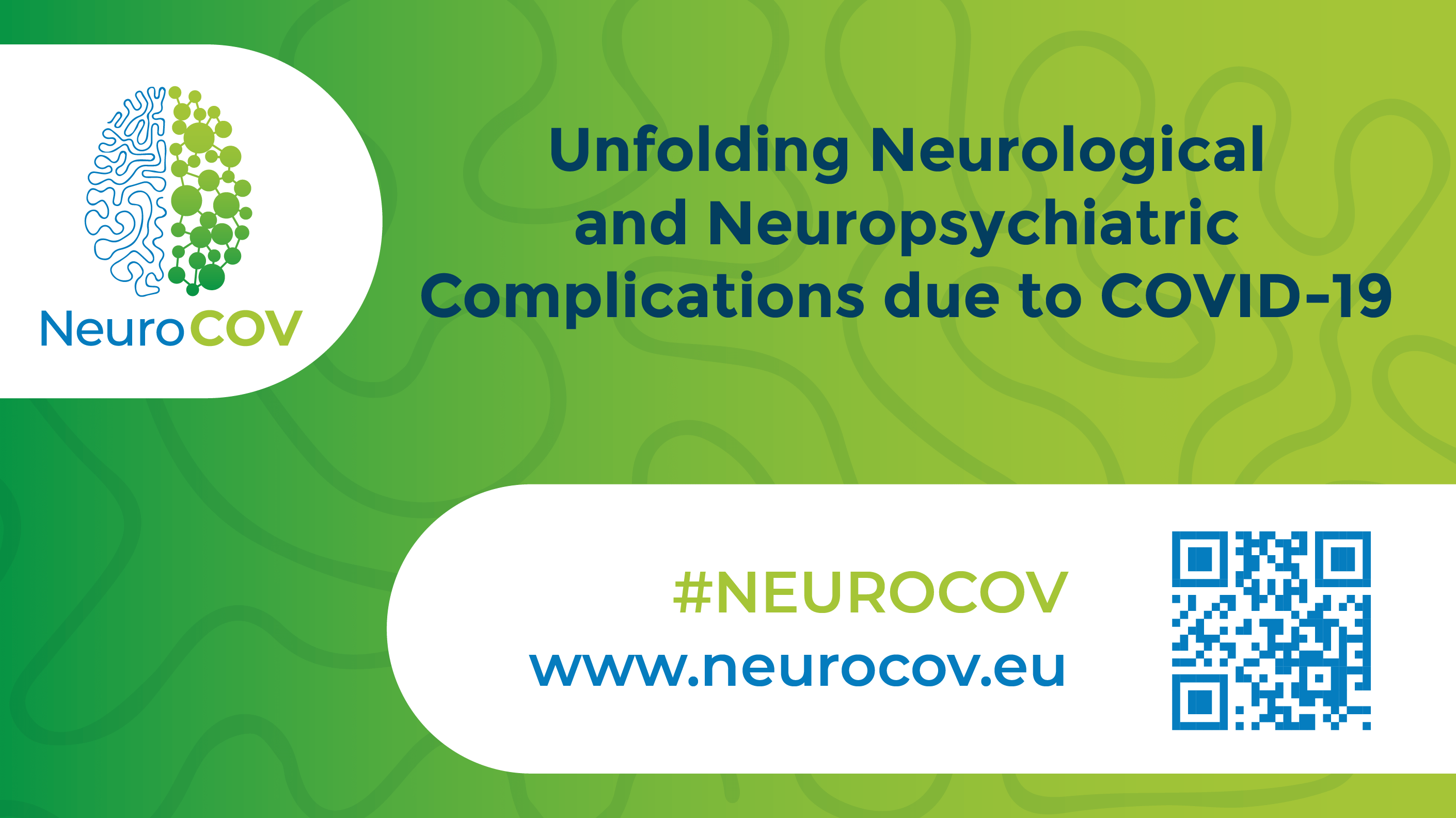Neural Organoids & Co: when the name matters
Nervous system organoids are three-dimensional (3D) cellular models derived from human pluripotent stem cells that represent key tools to study the development of the human nervous system. In a perspective article published in Nature, Giuseppe Testa and colleagues critically review the origin, nomenclature, and classification of these popular neuronal 3D cellular models. Their work proposes […]
Urban Oasis at Human Technopole
The installation ‘Urban.Climate.Oasis Milano’, selected as part of the S+T+ARTS call promoted by the European Commission, was inaugurated today at Human Technopole: the waste heat produced by the Institute will feed a greenhouse for the cultivation of algae that will be used to study human biology. The work is by Markus Jeschaunig, an internationally renowned […]
Genome-wide association studies to understand immune diseases
Genetic variants are alternative versions of the DNA sequence that can sometimes be associated with the risk of developing a disease, including autoimmune disorders. Determining the causality between genetic variants and autoimmunity is difficult, due to technical limitations of existing mapping strategies. Blagoje Soskic and collaborators summarise how Genome-wide association studies (GWAS) have contributed to […]
National Platforms at Human Technopole: Final Report of the Technical Committee now published
The outcome of the public consultation conducted over the past months to identify the perceived priorities of the national life sciences community in terms of research infrastructure, as part of the broad scientific focus of Human Technopole (HT) has been published in the Final Report. Thanks to the participation of the scientific and research community, […]
Human Technopole Studies Neurological and Psychiatric Effects of Covid-19
The international research project ‘NEUROCOV’ on the long-term neurological and psychiatric effects of COVID-19 has kicked off. The five-year EU-funded project was developed by Human Technopole and the German Centre for Neurodegenerative Diseases (DZNE) and involves ten institutes from seven countries. Human Technopole, which will receive EUR 3.2 Million European Commission funding, will be engaged […]
